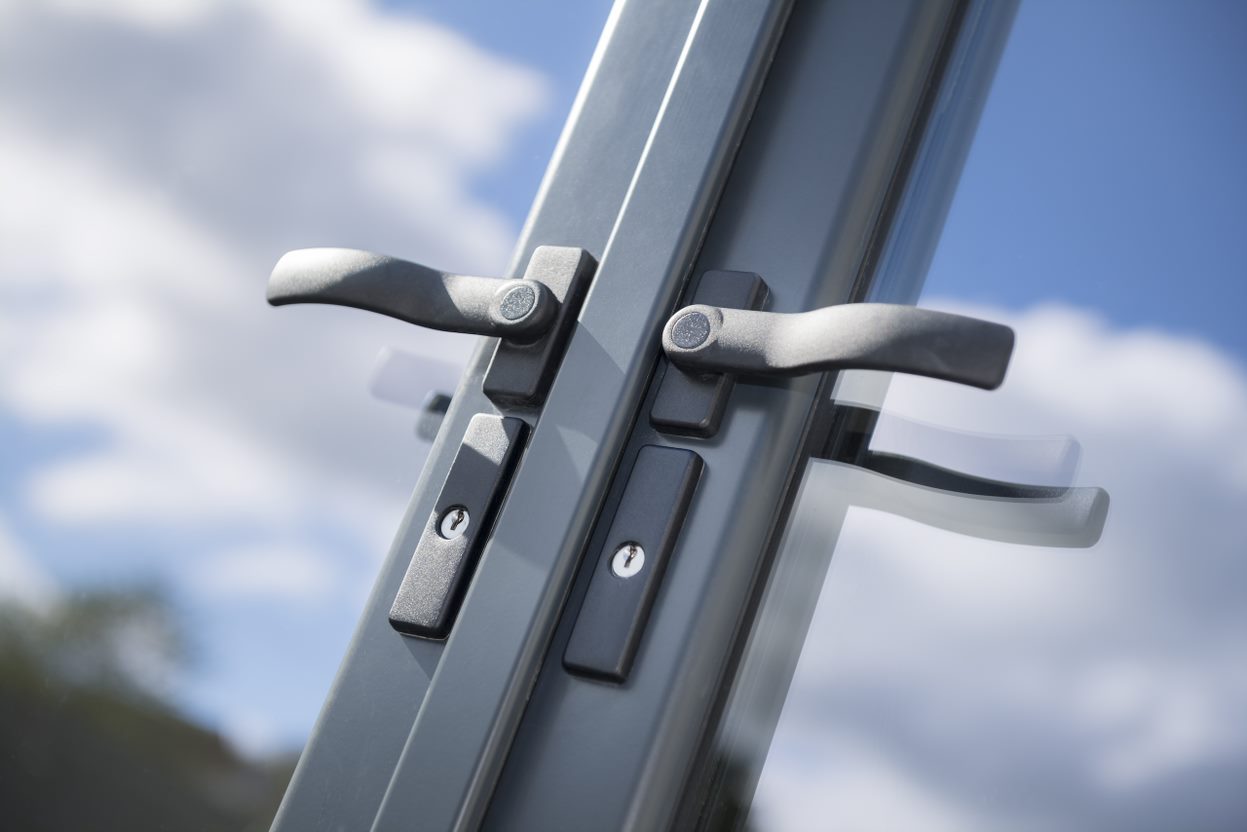What Repair A Door Handle Experts Would Like You To Know
페이지 정보

본문
Repairing a Door Handle: A Comprehensive Guide
Door handles are amongst the most often utilized elements of any office or home. However, their constant use can cause wear and tear, resulting in a malfunctioning or broken handle. Whether it's a loose handle that will not turn or a totally separated one, fixing a door handle can frequently be a simple task that needs just fundamental tools and a little knowledge. This article will guide you through the actions involved in fixing a door handle, in addition to some useful FAQs.

Comprehending Common Door Handle Issues
Before diving into the repair process, it's vital to determine common issues associated with door handles:
- Loose Handle: A handle that wobbles or turns without engaging the latch might have loose screws.
- Stuck Handle: If a door handle is difficult to turn, there may be obstructions within the mechanism or misalignment with the latch.
- Separated Handle: Complete detachment may result from broken screws or a damaged handle.
- Rusty or Corroded Handle: Handles made from metal can end up being rusty over time, leading to performance issues.
Recognizing these problems will assist you figure out the very best strategy for repair.
Tools and Materials Needed
To effectively repair a door handle, you'll require the following tools and materials:
Tools:
- Screwdriver (flathead and Phillips)
- Allen wrench (if applicable)
- Pliers
- Utility knife
- Cleaning fabric
- Lube (e.g., WD-40)
- Replacement parts (if essential)
Materials:
- Screws (if any are missing out on or damaged)
- New handles (if repairs are not practical)
Step-by-Step Repair Process
Action 1: Gather the Tools
Start by putting together all the required tools and products. Having everything on hand will make the repair process smoother and more effective.
Action 2: Remove the Door Handle
Inspect the Handle: Look for visible screws on the handle or the base. Lots of handles have actually screws hidden behind decorative plates, which might require to be pried off gently.
Unscrew the Handle: Using the appropriate screwdriver, eliminate the screws holding the handle in location.
Detach the Handle: Once the screws are eliminated, thoroughly pull the handle far from the door. If the handle is stuck due to paint or rust, gently wiggle it back and forth or utilize an energy knife to cut the paint around its base.
Step 3: Diagnose the Problem
Upon getting rid of the handle, examine its components:
- Check the screws: Ensure they are not removed or damaged.
- Take a look at the mechanism: Look for any noticeable indications of wear or obstruction.
- Examine the alignment: Ensure that the lock mechanism is lined up with the handle.
Step 4: Repair or Replace Components
Depending upon your medical diagnosis, proceed as follows:
For Loose Handles:
- Tighten the screws utilizing the screwdriver. If screws are damaged, change them with brand-new ones.
For Stuck Handles:
- Apply lube to the mechanism and move the handle backward and forward to loosen up any stuck parts. Ensure the positioning is correct with the latch.
For Detached Handles:
- If the handle has broken totally, replace it with a new one. Guarantee you choose a replacement that matches the existing hole pattern on your door.
For Rusty Handles:
- Use a cleansing fabric to wipe away rust and corrosion. If the handle is too worn away for repair, think about changing it completely.
Step 5: Reinstall the Door Handle
Line up the Handle: Position the handle back onto the door, ensuring that it lines up with the lock mechanism.
Screw It Back In: Insert and tighten screws to protect the handle in place. Prevent overtightening as this could strip the screws or harm the door.
Action 6: Test the Handle
Once the handle is reinstalled, check its performance. Guarantee it turns efficiently and engages the lock properly. If you notice any issues, repeat the relevant repair actions.
Preventative Maintenance Tips
To prolong the lifespan of your door handles, consider these maintenance tips:
- Regularly examine screws for tightness and retighten them as needed.
- Apply lubricant to the mechanism every few months to prevent wear.
- Keep handles tidy and devoid of dust and particles.
- Inspect for rust or deterioration, especially on exterior doors.
Frequently Asked Questions About Door Handle Repair
Q1: Can I repair a door handle without replacing it?
Yes, lots of common issues, such as loose screws or misalignment, can frequently be fixed without replacement.
Q2: What type of lubricant should I use?
A general-purpose lubricant like WD-40 or silicone spray works for lubricating door handle mechanisms.
Q3: How do I understand if I require a new handle?
If the handle is broken, greatly rusted, or if internal parts are beyond repair, it may be more cost-effective to change it.
Q4: Are there different kinds of door handles?
Yes, there are various types, consisting of lever handles, knob handles, and wise locks. Each needs a somewhat various method to repair.
Q5: Is it possible to fix a handle on a sliding door?
Yes, sliding doors typically have special systems. However, the basic concepts of detecting and repairing issues apply. Consult producer guidelines for particular repair directions.
Fixing a Door handle experts handle might seem daunting for some, but with the right tools, materials, and knowledge, it is a workable DIY job. By following the steps detailed in this guide, people can efficiently assess, repair, and maintain door handles, ensuring they remain functional and reliable for several years to come. Regular maintenance is important, as it prolongs the life of door handles, decreases the requirement for substantial repairs, and promotes a smoother operation throughout your home or office.
- 이전글Headphones In UK Tools To Ease Your Daily Lifethe One Headphones In UK Technique Every Person Needs To Be Able To 25.07.07
- 다음글See What Double Glazing Cost Tricks The Celebs Are Using 25.07.07
댓글목록
등록된 댓글이 없습니다.